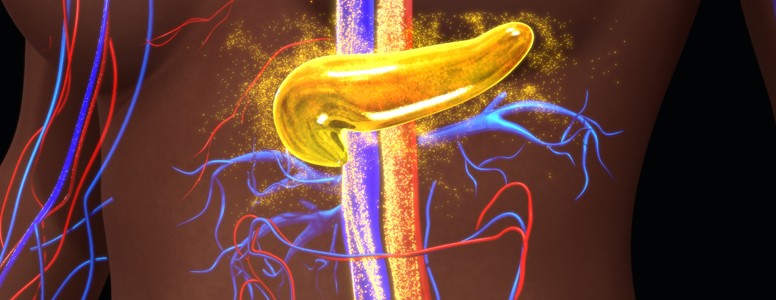An artificial pancreas system brought together through a smartphone app is safe and works, according to the results from a US clinical trial.
Designed to match the way a pancreas functions using man-made technology, an artificial pancreas comes in different forms, but they all work by releasing insulin in response to fluctuating blood glucose levels.
In this study researchers from Harvard University, the Sansum Diabetes Research Institute and Joslin Diabetes Center investigated an artificial pancreas which works using a smartphone app that is wirelessly connected to a continuous glucose monitor (CGM) and an insulin pump.
The trial allowed the participants with type 1 diabetes to use two different types of therapy. One phase involved one-week’s use of artificial pancreas technology, which can automatically respond to rising or falling glucose levels. The other phase of the trial involved two days’ use of a sensor-augmented pump that provided glucose levels in real-time but without automatic adjustment of insulin delivery.
Results from the clinical trial of this interoperable artificial pancreas system (iAPS) show it to be safe and effective. Use of the artificial pancreas led to improved time in the target glucose range (3.9-10 mmol/L or 70-180 mg/dL) compared to the sensor-augmented pump phase. There was also a statistically significant reduction in time spent in hypoglycemia, below 3.9 mmol/L (70 mg/dL), the researchers reported.
The researchers concluded: “The iAPS system was safe and effective in regulating glucose levels under challenging conditions and is suitable for use in unconstrained environments.”
Limitations of the study were that the trial was a small study, of six participants, and the study period was of short duration. The scientists will continue to make refinements to the systems and look at its performance in real-world scenarios, outside of clinical trial conditions.
The study was supported by funding from the US National Institutes of Health and was published by the Diabetes Technology & Therapeutics journal.
What's new on the forum? ⭐️
Get our free newsletters
Stay up to date with the latest news, research and breakthroughs.







